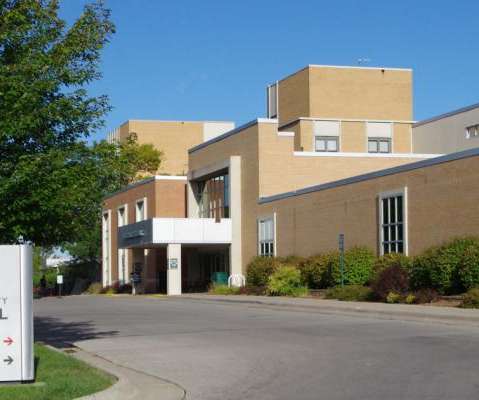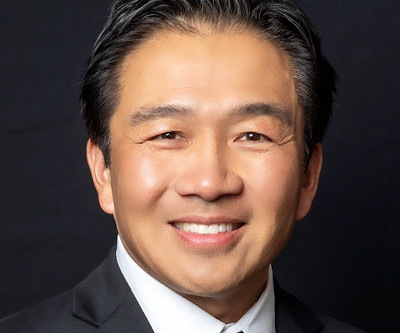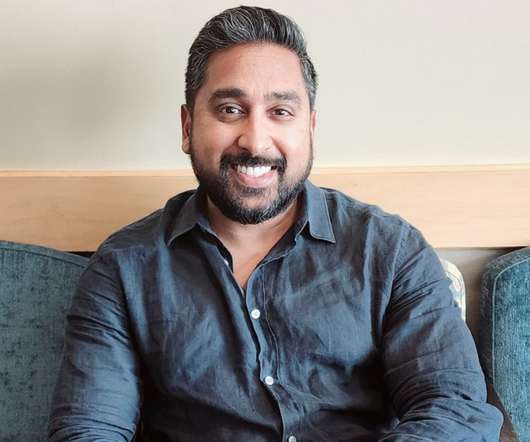At Providence, RPM is improving patient health and reducing provider workload
Healthcare It News
APRIL 23, 2024
Providence, a 52-hospital health system based in Renton, Washington, views digital innovation as an important vehicle to overcoming industrywide challenges and transforming care delivery for the betterment of the communities it serves. " Dr. Kenneth W.













Let's personalize your content